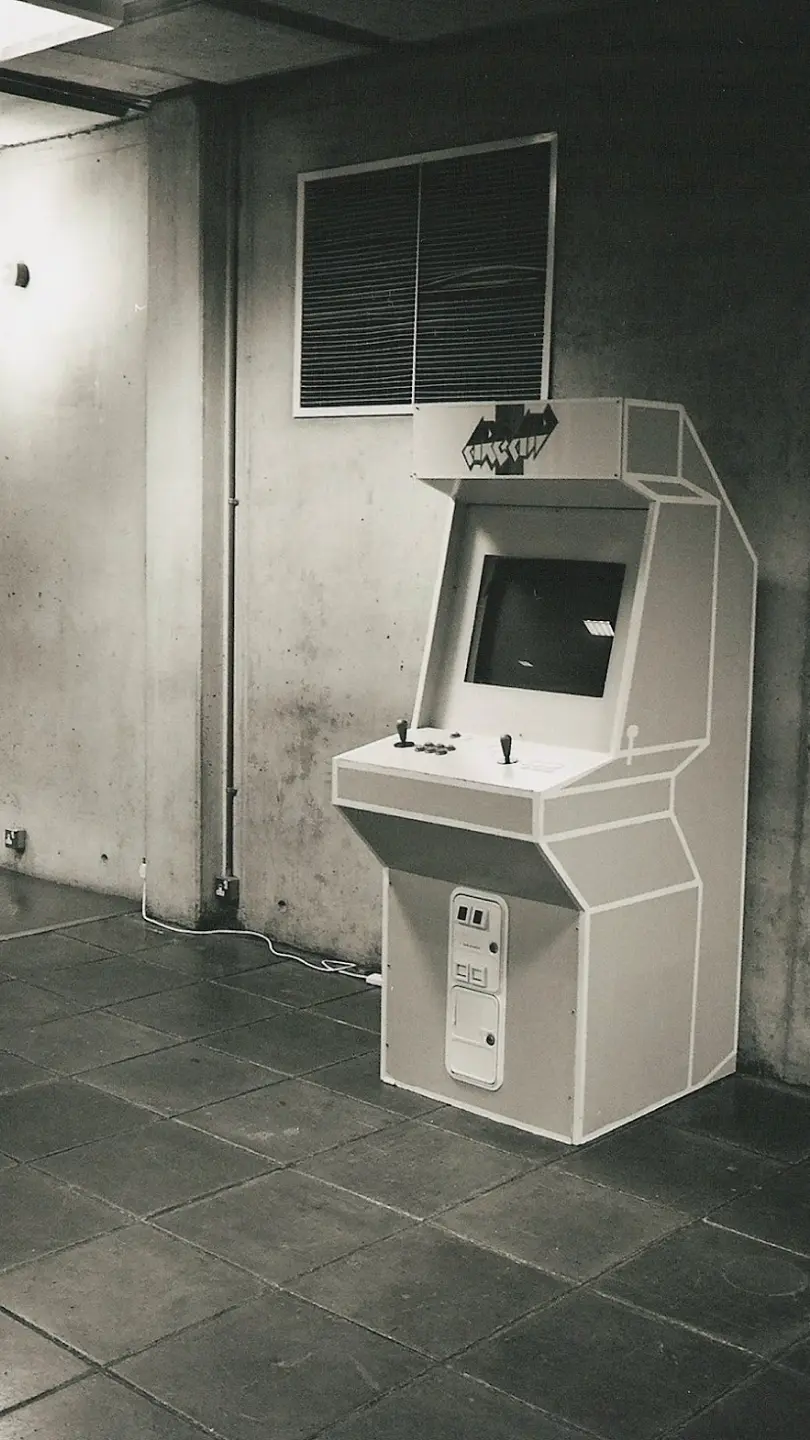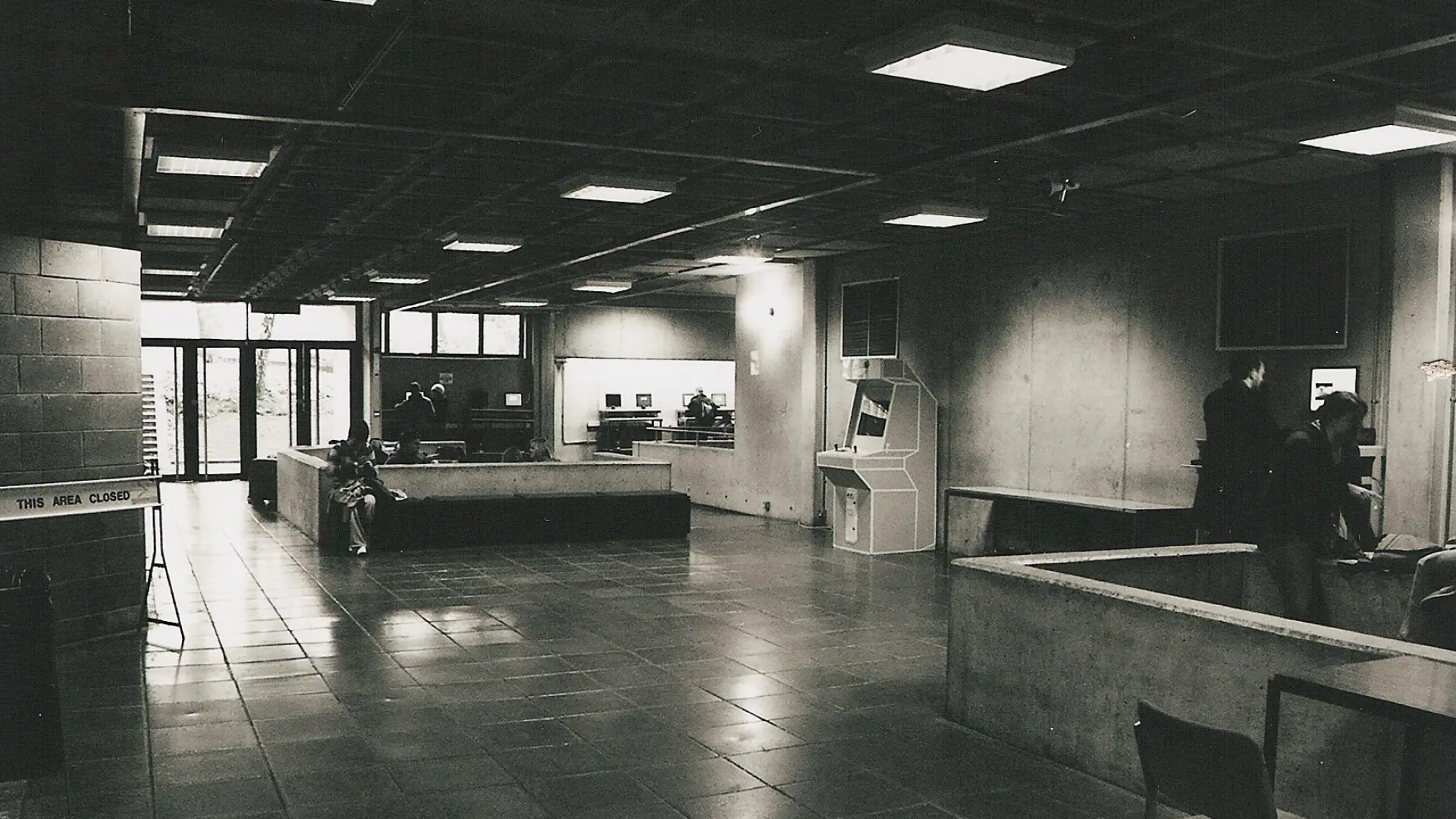How can charitable organisations receive support from people without disposable income? How can they remove the significant administrative costs involved in attracting contributions? The Arcaid Project tried to answer these and other questions. It is both a model for designing charitable interactions and a prototype of this concept. The prototype plays classic video games in the manner they were intended to be played and for only 20c. All money collected goes directly to charity.
Giving does not always have to involve sacrifice. Arcaid is an illustration of the power of play. It plays classic video games in the manner they were intended to be played. All money collected goes directly to charity. Arcaid is a combination of fun and giving; a straightforward union between the people who play the games and the charityable organisations.
Rationale: Young people typically do not give money to charity - the main reason is obvious - most do not have a regular income. Many charities collect money from people by stopping them on the street. This practice can be confrontational, oftn makes people feel guilty and requires a significant financial commitment to pay the street representatives. The idea behind Arcaid is to provide a voluntary guilt-free way for young people to contribute to charitable causes and if possible to remove the administrative costs of collecting the money
A Prototype: A prototype model which includes a classic cabinet made from mdf and perspex, spray-painted and an onboard computer with a intuitive graphical interface that can be operated by a video game joystick and button. Arcaid raised over 2,000 euro for Trocaire.
Design Model:The arcaid prototype is the first in what I hope to be a line of models to support charitable causes by providing people with an opt-in worthwhile service at a low and sustainable cost. This project is part of a larger concept, the ‘Human Cycles Project’ where the goal of design is to improve efficiency by taking advantage of activities that humans are already engaged in and maximise positive outcomes for society. One example of a human cycles concept is the idea of harnessing energy from gyms.






